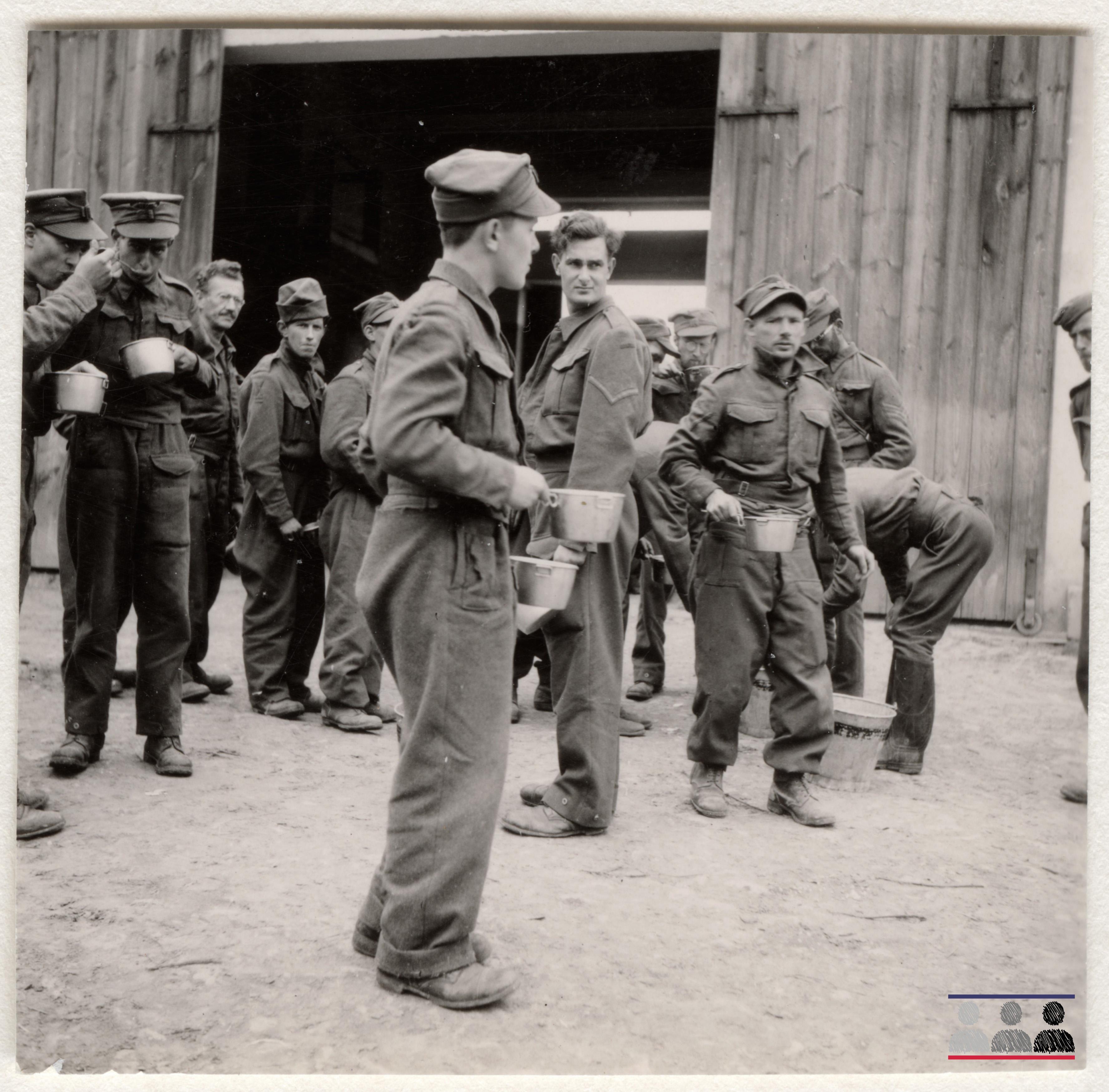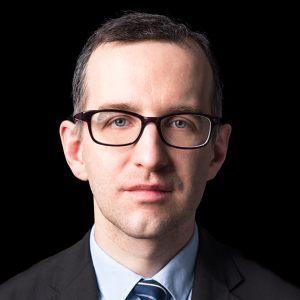About the Council of the Polish-American Foundation for the Commemoration of POW Camps in Szubin
The Foundation Council ensures the transparency, quality, and consistency of the Foundation's activities with its statutory goals, which include: promoting knowledge about World War II and the experiences of prisoners of war held in German captivity, with particular emphasis on Szubin and the surrounding area; deepening Polish-American cooperation in the fields of education, research, and World War II history; and supporting state, local government, non-governmental, and private initiatives in the field of cultural and educational activities related to World War II history. Therefore, the Council supervises and evaluates the Foundation's main activities and oversees the management of its funds. Council members are appointed for a four-year term.
 Prisoners of war at Stalag XXI B, Szubin. Photo: Polish-American Foundation for the Commemoration of POW Camps in Szubin
Prisoners of war at Stalag XXI B, Szubin. Photo: Polish-American Foundation for the Commemoration of POW Camps in Szubin
Being accepted as a member of the Council of the Polish-American Foundation for the Commemoration of POW Camps in Szubin is a great honor for me and a natural continuation of my ongoing efforts to preserve the memory of prisoners of war and to institutionalize that remembrance.

Adam Szpaderski, Ph.D. / Associate Professor
Head of The Center for Research on the Economics of Memorial Sites
The Polish-American Foundation for the Commemoration of POW Camps in Szubin
The Polish-American Foundation for the Commemoration of POW Camps in Szubin was established in 2018 through collaboration with former prisoners of Oflag 64, their families, and history enthusiasts. Its main goal is to preserve and promote knowledge about Allied prisoners of war held in camps in and around Szubin, as well as about the Polish citizens who aided them. The Foundation’s flagship project is the creation of a museum on the site of the former camp, which will serve not only as a place of remembrance, but also as a center for education, research, and cultural initiatives. Additionally, the Foundation is committed to strengthening Polish-American relations, particularly in the context of the history and legacy of American POWs in occupied Poland during World War II.
Center for Research on the Economics: a platform for sharing expertise
The Center for Research on the Economics of Memorial Sites team, led by Professor Adam Szpaderski, researches the economic, financial, and management processes related to the development, preservation, commemoration, and operation of memorial sites worldwide. Their research addresses the growing demand for specialized knowledge in preserving and commemorating these important cultural landmarks. By sharing knowledge and best practices, the research team contributes to the global discussion on the role of memorial sites in shaping collective memory and educating future generations.
Learn more about the Center for Research on the Economics of Memorial Sites
Professor Adam Szpaderski: an expert in memory management
Professor Adam Szpaderski specializes in strategic management of memorial sites and heritage education. His expertise spans various areas, including models for managing memorial sites, applications of new technologies in the context of heritage preservation, educational strategies for teaching about Auschwitz, the Holocaust, and other genocides, and measuring the effectiveness of institutions in the cultural heritage sector.
He is the Dean's Representative and the Chairman of the Committee for Internationalization of Education Offer of the Faculty of Social Sciences in Warsaw and the head of the graduate certificate program "The Roots of the 20th Century Totalitarianism: Auschwitz – Holocaust – Genocides." In addition to his academic roles, Professor Szpaderski holds numerous prestigious positions, including Chief Consultant for Strategy and Education Management at the Auschwitz-Birkenau State Museum in Oświęcim Chairman of the Council of the Gross-Rosen Museum in Rogoźnica Education Strategy Advisor at the Stutthof Museum in Sztutowo Senior Consultant to the Central Museum of Prisoners-of-War Chairman of the Consortium Board of the League of POW Remembrance. In addition, he is the head of many implementation projects and a member of scientific associations devoted to economics, management, and culture. He is also a recipient of numerous awards.
See full bio